Brent Stirton, Südafrika
Indien: Eine Befreiung aus der Dunkelheit
Sie können sehen! Anita Singh, fünf Jahre alt, und ihre zwölfjährige Schwester Sonia entdecken das Wunder des Lichts. Sie waren blind, mit einem Linsendefekt in ein armes Bauerndorf in einer der ärmsten Regionen Indiens hineingeboren worden. Sie sind durch die Düsternis gewandelt wie 20 Millionen Menschen auf der Welt, zwölf davon allein in Indien.
Und so wäre es geblieben, hätten es nicht Spenden ermöglicht, die beiden Mädchen am Vivekananda Mission Hospital zu operieren. Keine große Sache, diese Form angeborener cataract blindness mit einem Eingriff in 15 Minuten zu beheben. Doch eine solche Operation kostet hier etwa 300 US-Dollar, drei Jahreseinkommen einer indischen Bauernfamilie. Und so ist es das Schicksal ungezählter Kinder, blind zu bleiben, wenn sich niemand erbarmt. Sonia und Anita haben ein unbeschreibliches Glück.
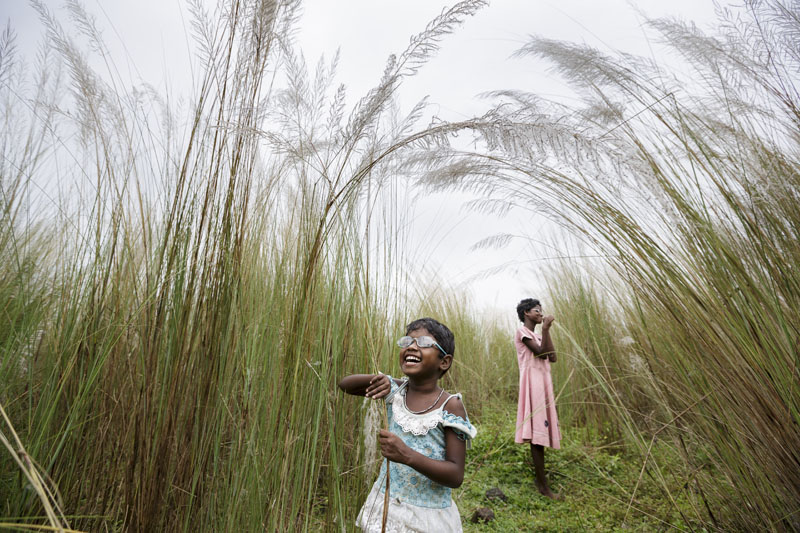 Bild 1 von 10 © Brent Stirton/Getty Images
Bild 1 von 10 © Brent Stirton/Getty Images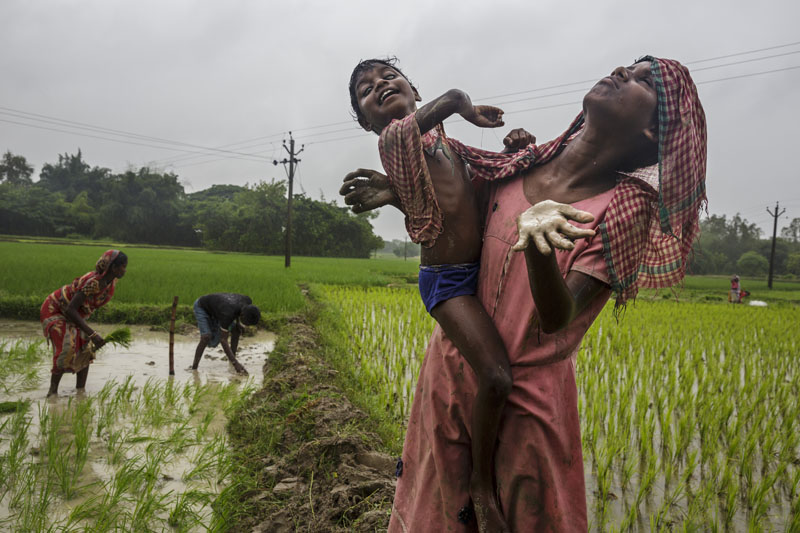 Bild 2 von 10 © Brent Stirton/Getty Images
Bild 2 von 10 © Brent Stirton/Getty Images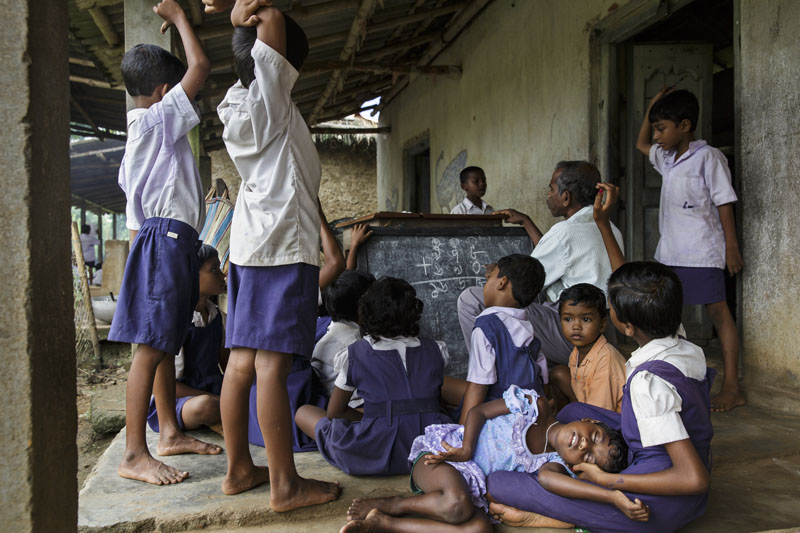 Bild 3 von 10 © Brent Stirton/Getty Images
Bild 3 von 10 © Brent Stirton/Getty Images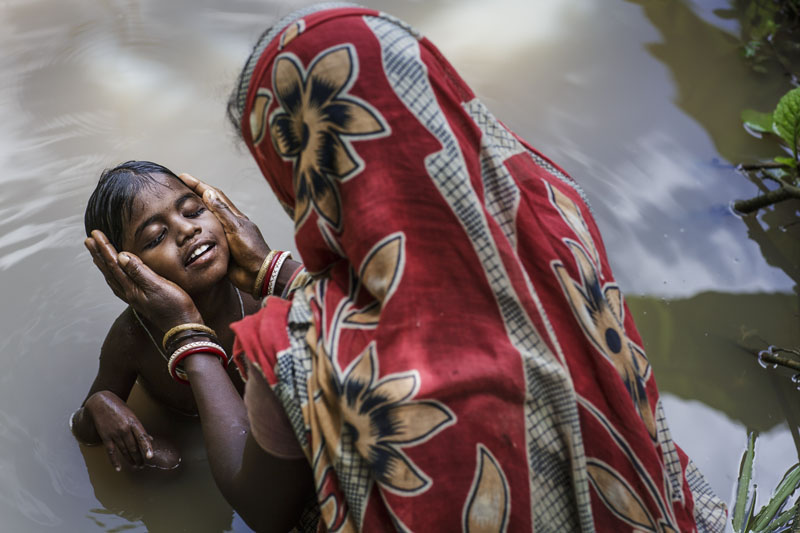 Bild 4 von 10 © Brent Stirton/Getty Images
Bild 4 von 10 © Brent Stirton/Getty Images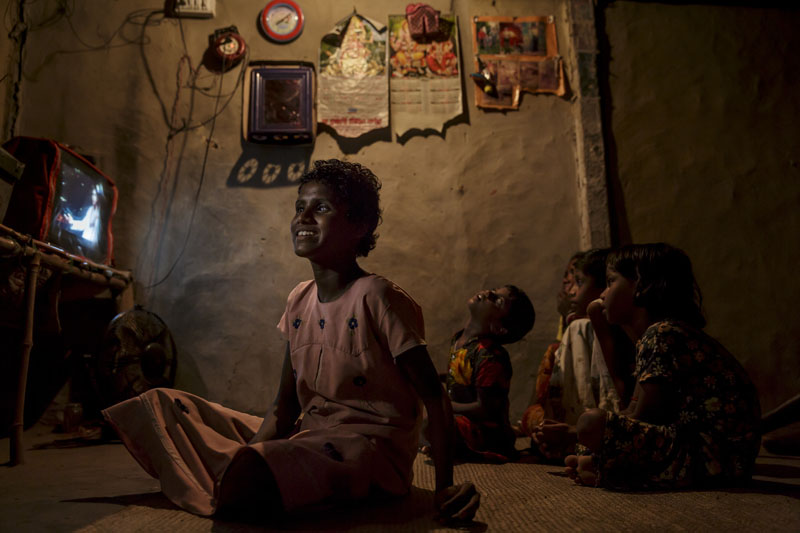 Bild 5 von 10 © Brent Stirton/Getty Images
Bild 5 von 10 © Brent Stirton/Getty Images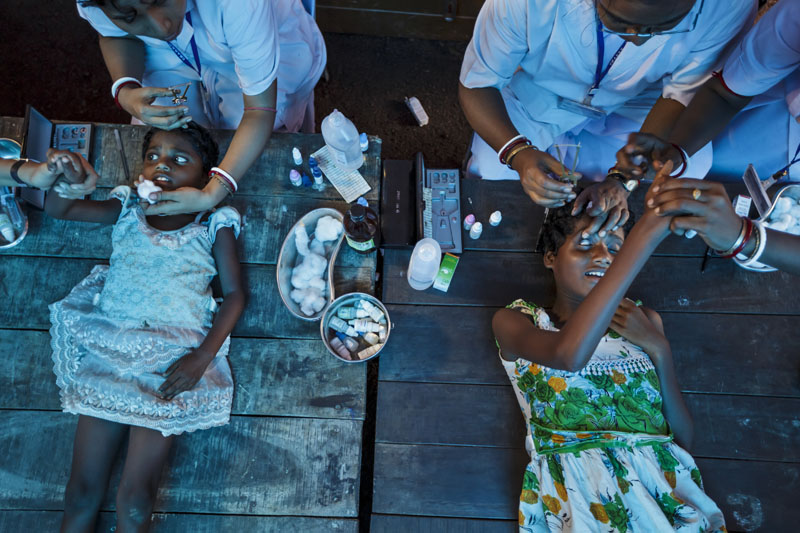 Bild 6 von 10 © Brent Stirton/Getty Images
Bild 6 von 10 © Brent Stirton/Getty Images Bild 7 von 10 © Brent Stirton/Getty Images
Bild 7 von 10 © Brent Stirton/Getty Images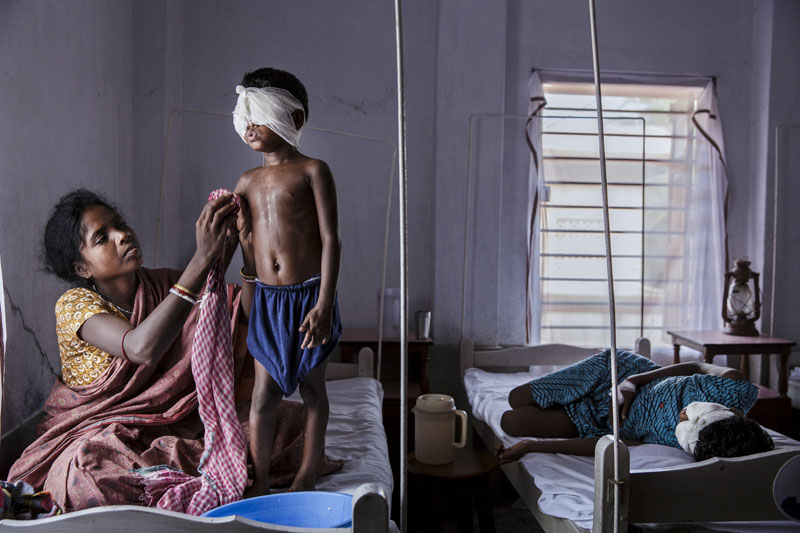 Bild 8 von 10 © Brent Stirton/Getty Images
Bild 8 von 10 © Brent Stirton/Getty Images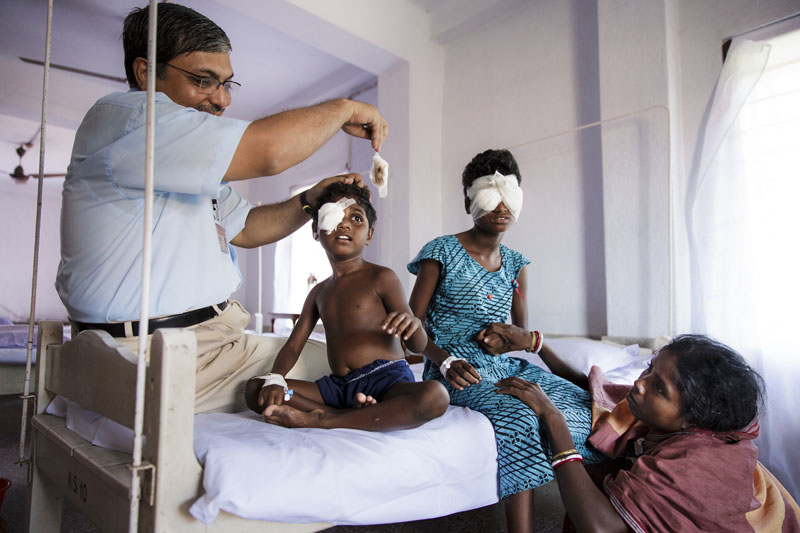 Bild 9 von 10 © Brent Stirton/Getty Images
Bild 9 von 10 © Brent Stirton/Getty Images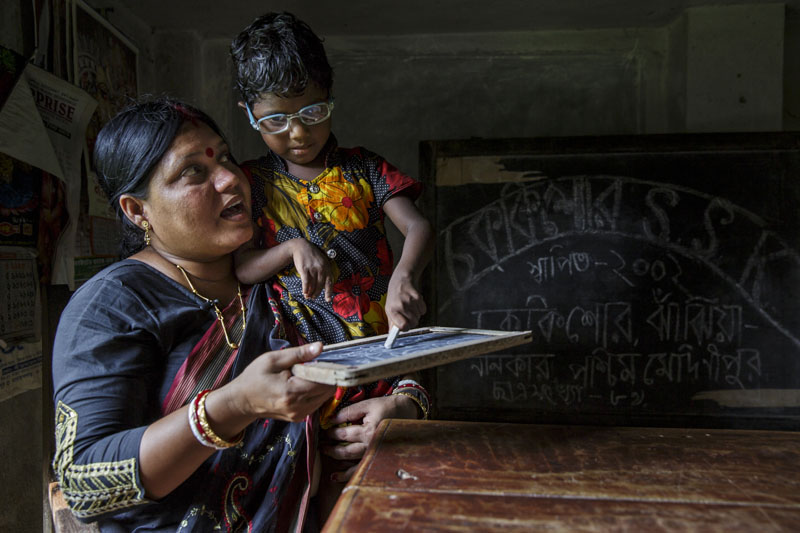 Bild 10 von 10 © Brent Stirton/Getty Images
Bild 10 von 10 © Brent Stirton/Getty Images
Klicken Sie zur Vollansicht auf ein Bild
Der 1969 in Durban, Südafrika, geborene Brent Stirton zählt zu den international renommiertesten Fotografen der Gegenwart, vielfach ausgezeichnet und mit zahlreichen Veröffentlichungen in den großen europäischen und US-amerikanischen Magazinen, darunter mehrmals auch in GEO.
Biografie: Brent Stirton (Agentur Getty Images)
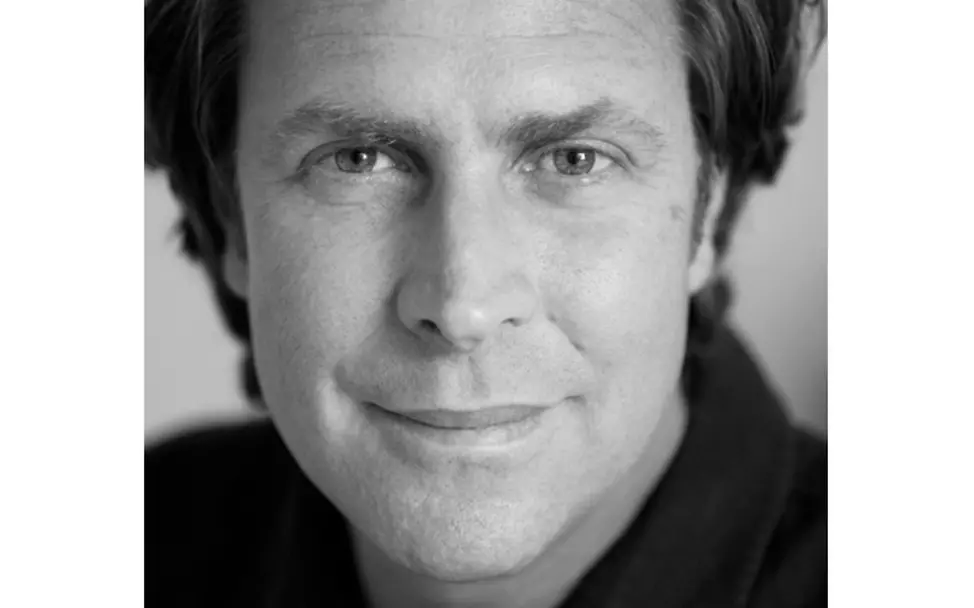
Brent Stirton is a South African Photographer with an extensive history in the documentary world. Brent’s work has been published by: National Geographic Magazine, GEO, Le Figaro, Le Monde, Vanity Fair, Newsweek, Time, The New York Times Magazine, The UK Sunday Times Magazine, CNN, and many other respected international titles.
He has been a long time photographer for WWF, the World Wide Fund for Nature, shooting campaigns on sustainability and the environment. He has worked for the Ford, Clinton and Gates Foundations, the Nike Foundation and the World Economic Forum. Brent also shoots regular reports for Human Rights Watch.
Brent was elected a Young Global Leader, an affiliate program of the World Economic Forum, in 2008. He is also a Canon Ambassador, one of 14 photographers representing Canon photography. Brent has worked extensively on water issues in the majority world, photographing in more than 30 countries on this theme. He has photographed extensive essays on HIV/Aids issues across multiple countries in an ongoing long-term project.
Brent has received 8 awards from World Press Photo and 8 awards from The Pictures of the Year International contest. Brent has received 6 awards from the Lucie Awards including International photographer of the Year. He has received multiple awards from the Overseas Press Club, the Frontline Club, the Deadline Club, Days Japan, China International Photo Awards, the Lead Awards Germany, Graphis, Communication Arts, American Photography, American Photo and the American Society of Publication Designers as well as the London Association of Photographers.
Brent has received 2 awards from the United Nations for his work on the Environment and in the field of HIV AIDS. He has won the Visa D’or at the Visa Pour L’ image Festival in France for Magazine photography. He also won the National Magazine Award for his work in the Democratic Republic of Congo for National Geographic Magazine.
Brent guided a documentary on Virunga National Park in Conflict for National Geographic Television as well as appearing in the show. The documentary won the Emmy for Best Documentary Feature as well as a Bafta Award for Best Documentary. In 2012 Brent received a Peabody Award for his work with Human Rights Watch for most significant work in an electronic medium. In 2013 he received 3 awards from Pictures of the Year international including a first for The Environmental Vision Award. In 2014 he won World Press and POY awards as well as a Webby and the short documentary award from the Association of International Broadcasters for a documentary on Blindness in India. He was also named Wildlife Photojournalist of the year for the second year running by the Natural History Museum of the UK.
Brent’s work has appeared in numerous print shows around the world and his images are in a number of museum collections. Brent currently spends most of his time working on long-term investigative projects for National Geographic magazine. He remains committed to issues relating to Wildlife and Conservation, Global health, Diminishing Cultures, Sustainability and the environment.
- Indien: Bildung und Schutz für KinderUNICEF bringt in Indien Gemeinden und Arbeitgeber an einen Tisch und bekämpft so die Ursachen von Kinderarbeit. Sie können mithelfen, ehemalige Kinderarbeiter in die Schule zu bringen.
- 2. Platz: Christian Werner – Das Schicksal der JesidenDie Schwarz-Weiß-Reportage des deutschen Fotografen Christian Werner dokumentiert die Entbehrungen, das Leid und die Perspektivlosigkeit jesidischer Flüchtlinge in Nordirak.
- Ehrenvolle ErwähnungenNeben den ersten drei Plätzen zeichnete die unabhängige Expertenjury sechs Fotografen mit Ehrenvollen Erwähnungen aus. Die Reportagen zeigen Kinder aus Kenia, Spanien, Moldawien, Iran und den USA.